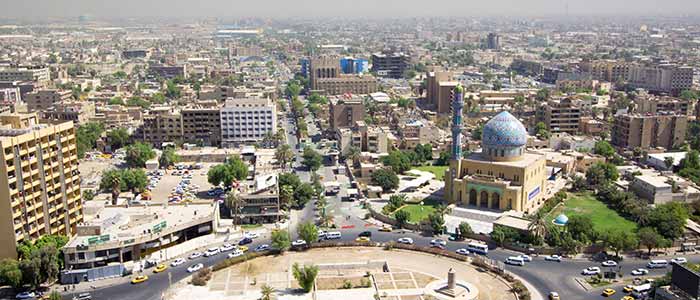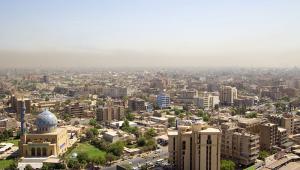Web_Baghdad_shutterstock_319901069.jpg

Baghdad, Iraq
Following a visit to the country during which discussions around a fund-supported programme began, mission chief Christian Josz said the programme would include further fiscal tightening, public financial management reforms and measures to protect the poorest Iraqis.
He said that, despite challenges including the conflict with ISIS and the steep fall in oil prices, the Iraqi government had met three out of five current IMF targets, with a fourth only being missed by a small margin.
The current IMF programme does not include financial aid. Instead, under support approved by IMF managing director Christine Lagarde in January, the fund has been monitoring the execution and performance of the government’s policies and providing technical assistance and capacity building.
This entailed five quantitative targets, relating to international reserves, domestic assets, the government’s non-oil balance, social spending and government borrowing.
The IMF credited the under-execution of expenditure on wages and pensions, goods and services and transfers as allowing for three out of five of those to be met.
However, the social spending target was missed by a small margin. A further target, on the non-accumulation of external arrears, was missed due to government cash constraints.
The programme also entailed three structural benchmarks, related to strengthening cash management, financial sector stability and public financial management.
The IMF said only one of these, pertaining to improving cash management, was met: the ministry of finance and the Central Bank of Iraq had fully compiled a list of all accounts controlled by the ministry and all spending and sub-spending units of central government in the CBI, state-owned and commercial banks at the end of December 2015.
The other two targets were not completed, but the fund said "good progress has been made” and the government expects to meet them shortly.
Discussions on a future programme that could involve financial support are set to continue at the IMF-World Bank spring meetings in April.
Josz said it would include further measures towards fiscal consolidation to bring spending in line with low oil prices and maintain debt sustainability, strengthen fiscal transparency, improve the quality of public spending and enhance financial sector stability.
The IMF estimates the war-torn country’s gross domestic product contracted by 2.1% in 2015 owing to conflict, destruction of infrastructure and assets, disruptions in trade and the deterioration of investor confidence.
The steep plunge in oil prices has also been a big shock to the balance of payments and budget revenue, which depend predominantly on oil export receipts.













